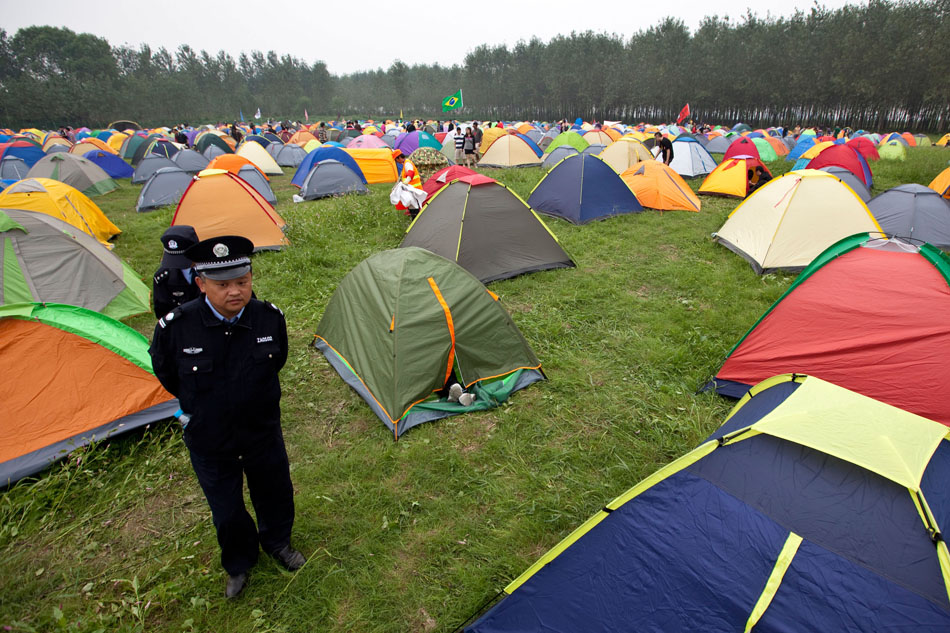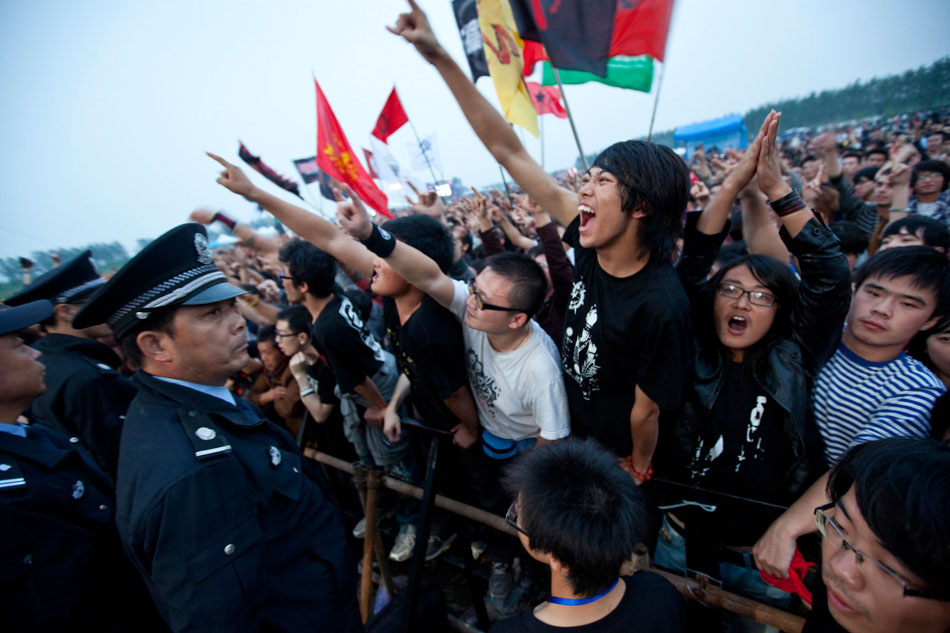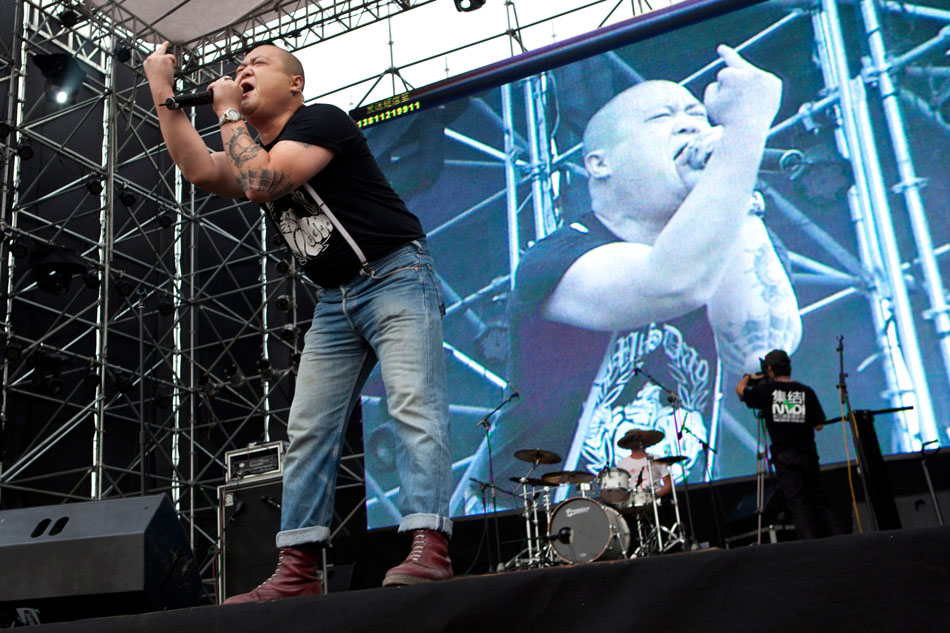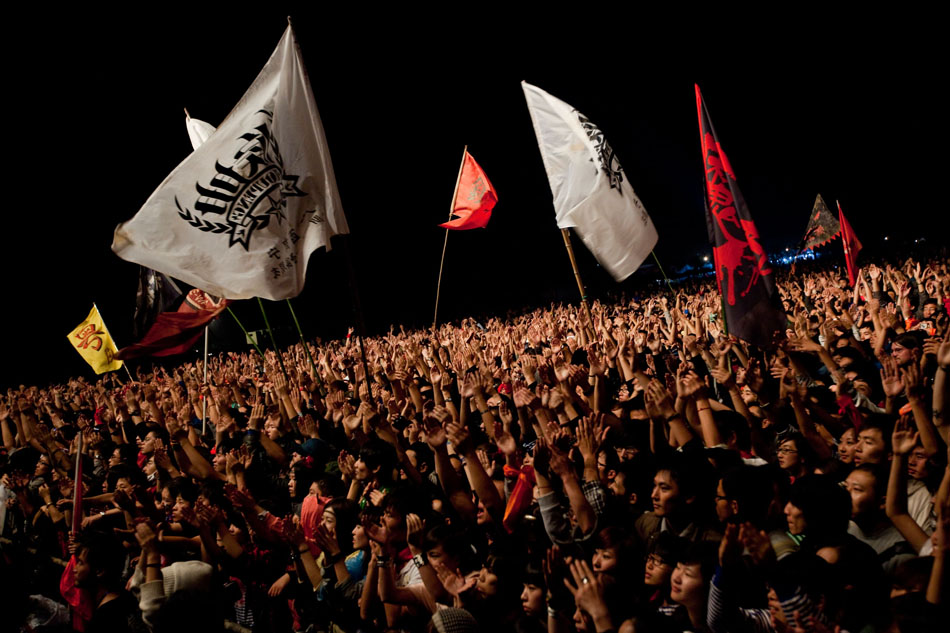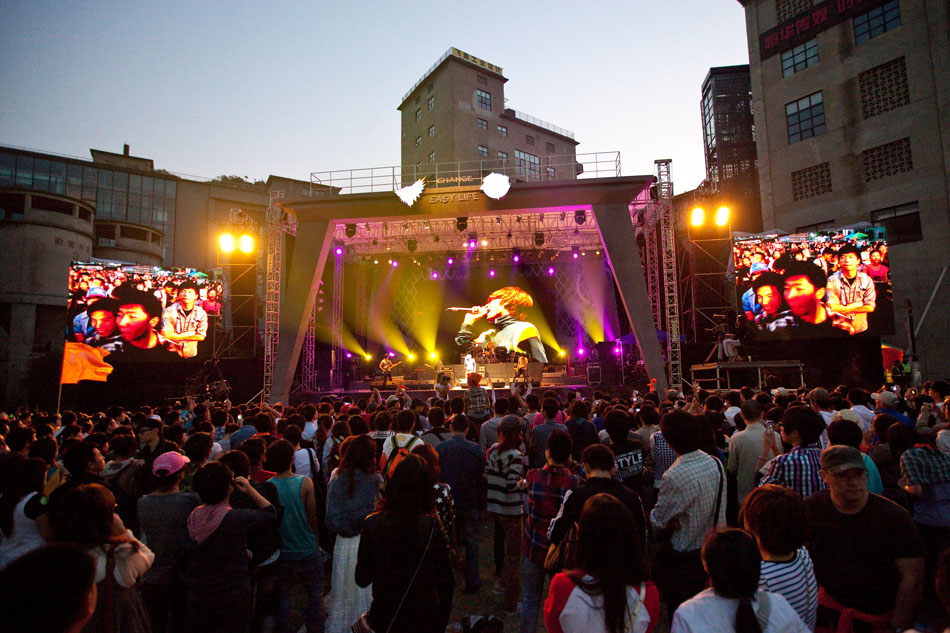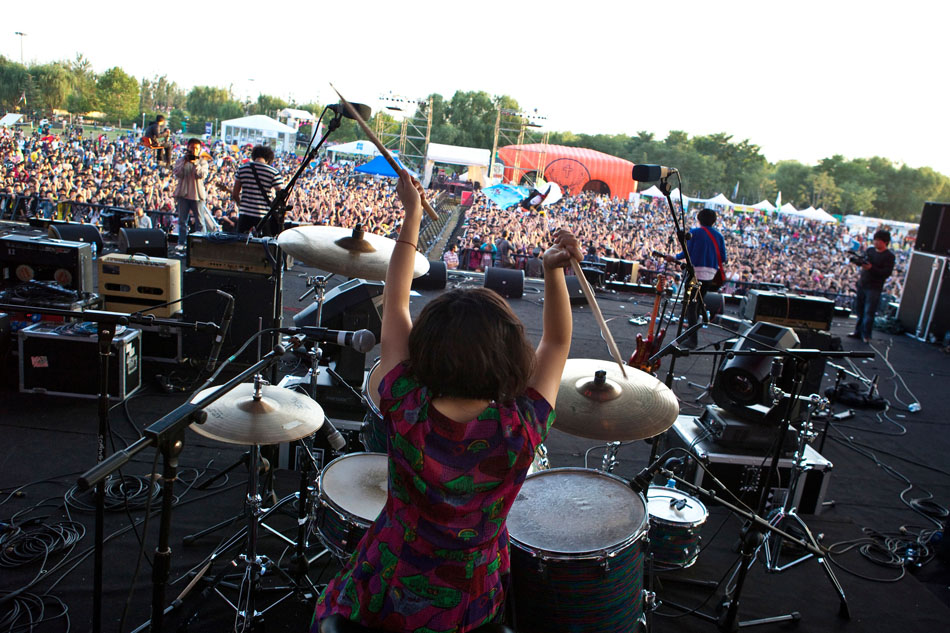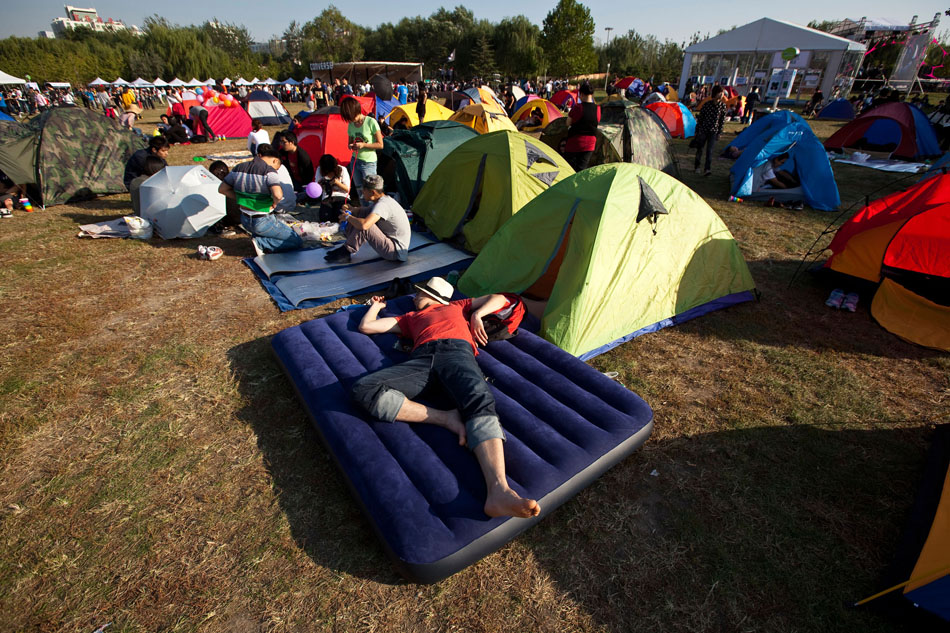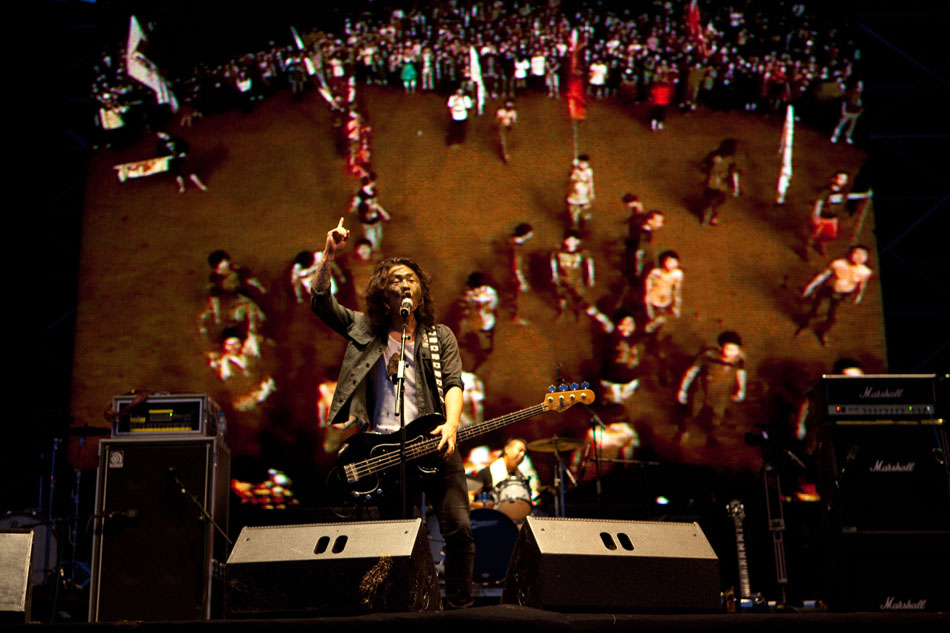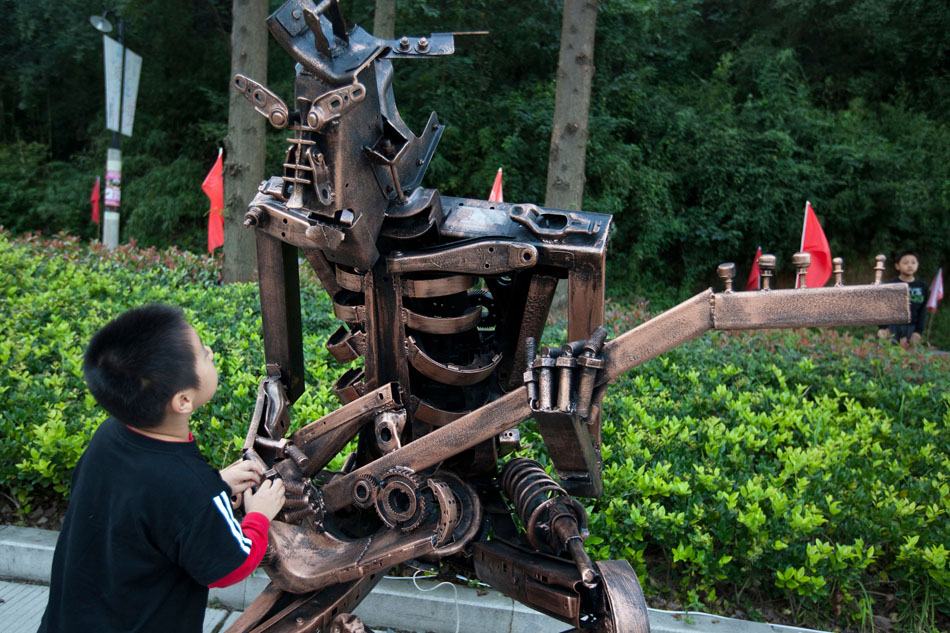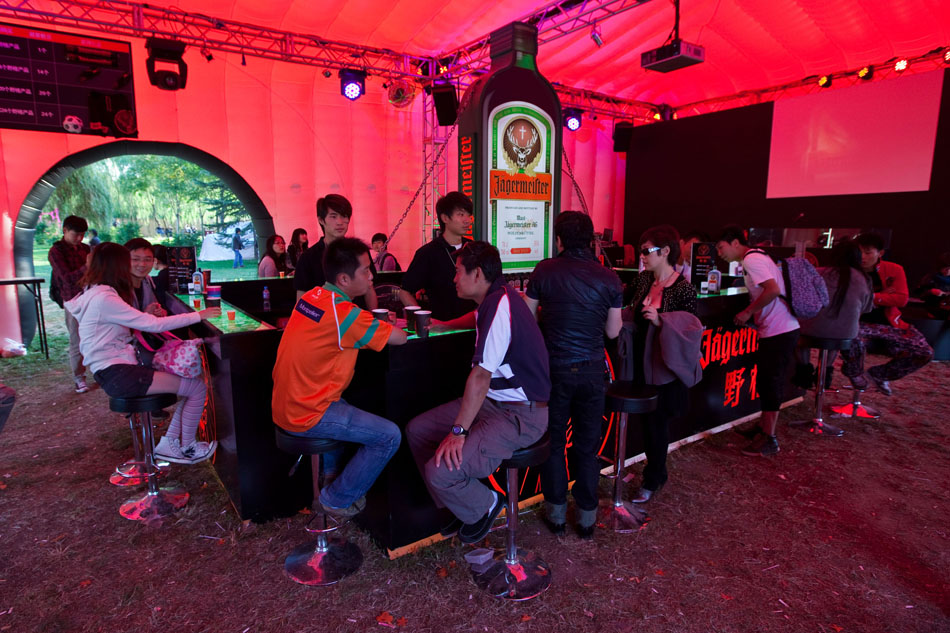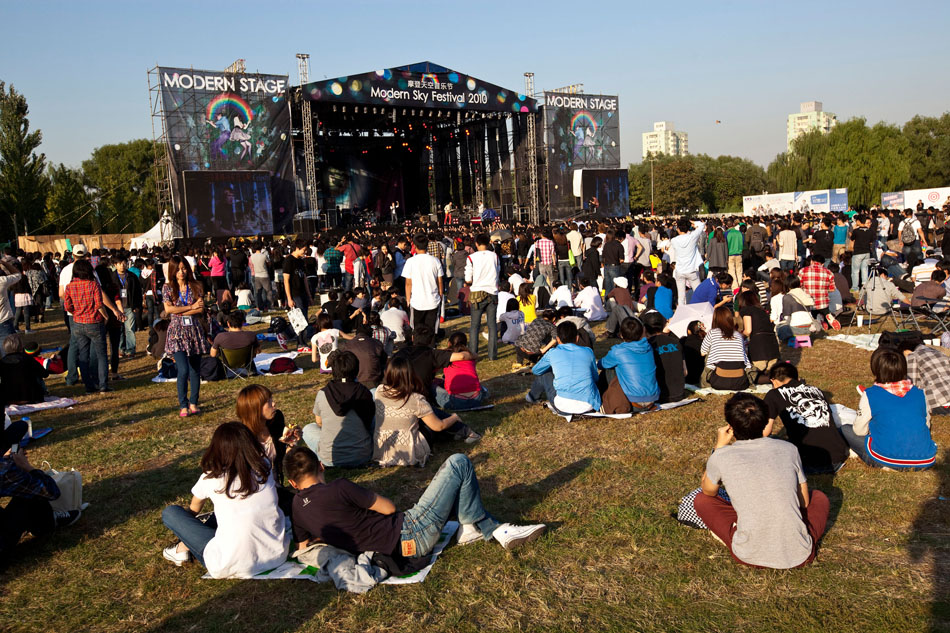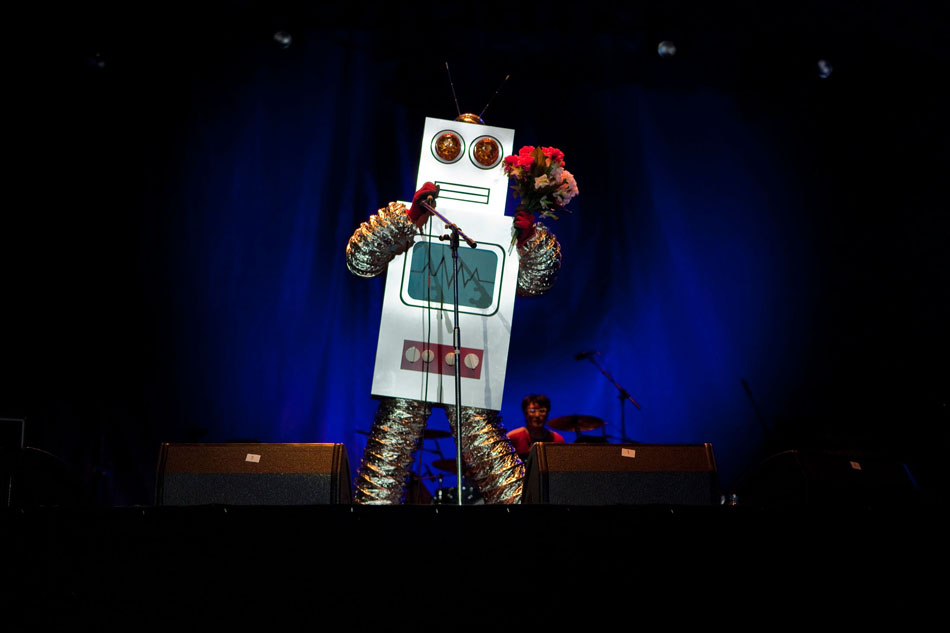Feb 27, 2011 | Music, Youth
Nasty Ray is easily one of my favorite rappers in China – a true, homegrown, Beijing-back-alley freestlyer. First drawn to hip hop when he heard a Naughty by Nature track on an NBA videogame in 1998, he‘s now a battler who never shies from the mic. Nasty Ray is best known for his Dirty North CD released on the YinEnt label with Lao Zheng, but continues to collaborate with Aidge Rock of the Aesthetics Crew based in Los Angeles. A big fan of the Wu-Tang Clan, he also got to fulfill a dream by opening up for Ghostface Killah when he rolled through Beijing last year. The video above was taken at last month’s Section Six hip hop party. It showcases Nasty Ray whiling out with his crew followed by a song featuring heavyweight MC Daxiao. Also, as part of the upcoming Jue Festival, Nasty Ray will perform at the “Slam, Rap, Words” event held at 2 Kolegas. I’ll end the post with a rhyme he wrote for me when I took his portrait last September:
从我嘴里说的词, 到唐宋念的诗, 这跨越的是五千年文化的历史, 我代表团结湖讲着老北京的话, 欢迎来到我的家和我一起岔
The words from my mouth to poems of Tang and Song / Stretch over history 5,000 years long / I represent community, spit real Beijinghua /Come over to my house and we’ll cha (battle)



Feb 9, 2011 | Music
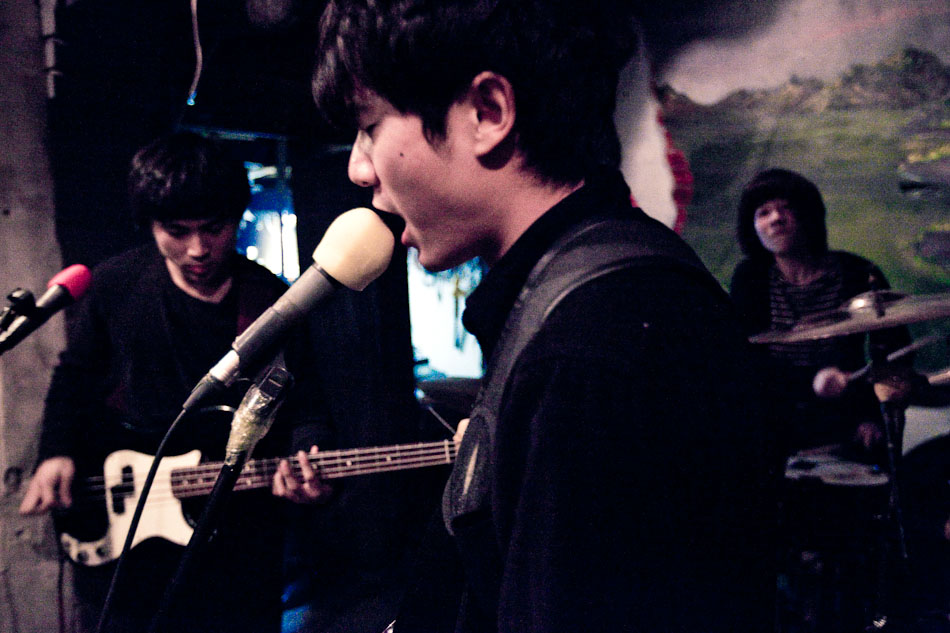
Yes, I know. Everybody has been reporting on the breakup of Carsick Cars for a number of months now and many people have already seen the new lineup play at D-22 on New Years Eve and again with P.K. 14 at Yugong Yishan last month. Unfortunately I was out of town on these occasions but did manage to film them at their secret What Bar gig in December. Shou Wang is now joined by He Fan of Birdstriking on bass and Lin Banban of Boyz and Girl fame on drums. What Bar is still one of the best kept secrets for live music in Beijing. Many of the most talented underground acts in China first cut their teeth in this cramped little room along the west wall of the Forbidden City. The vocal mix isn’t the best, but hopefully this will prove to the rest of the world that Carsick Cars is still rocking out and ready to move on to new and better things.
Dec 20, 2010 | Music
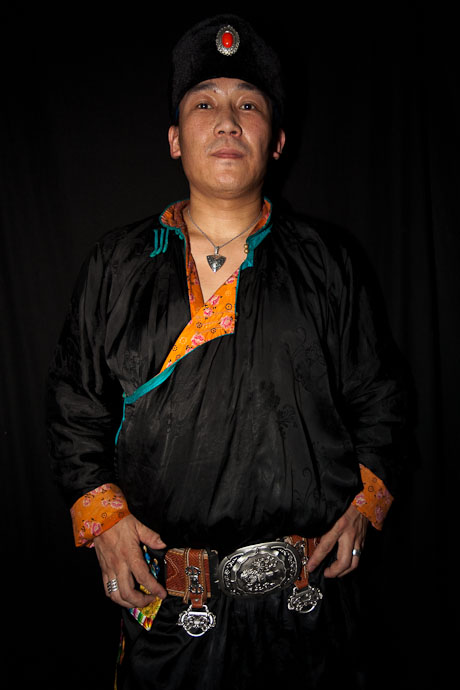
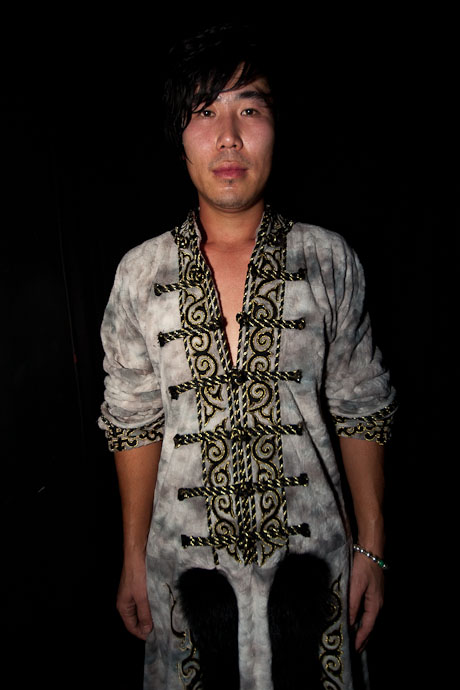
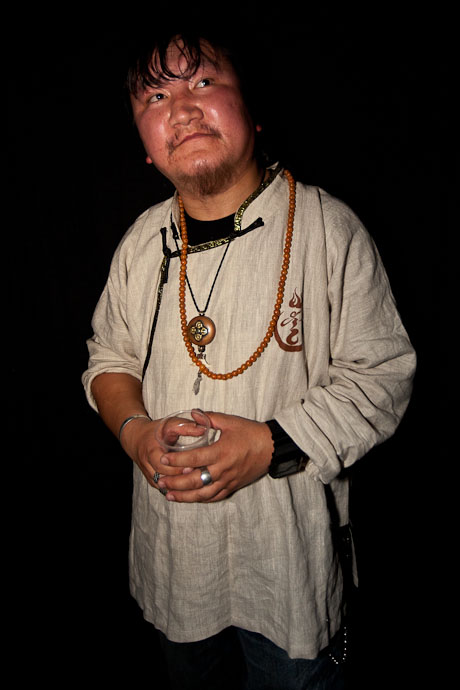
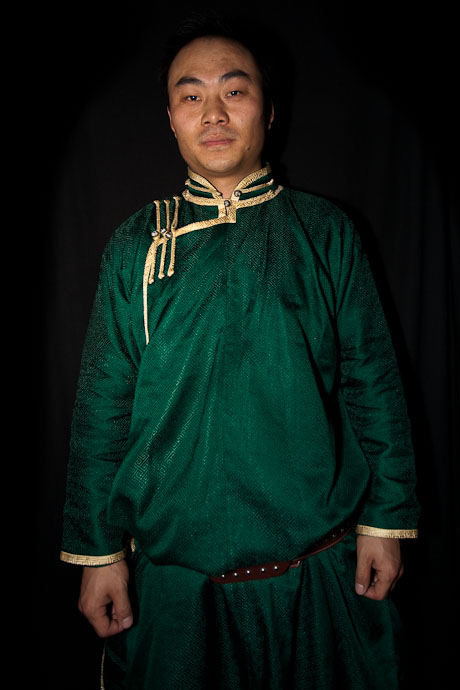
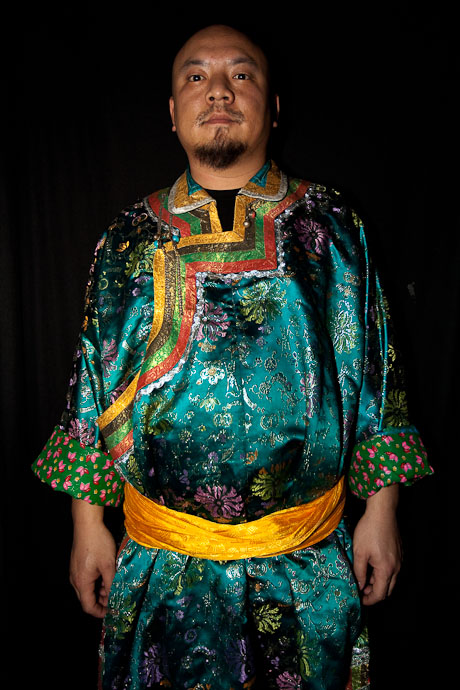
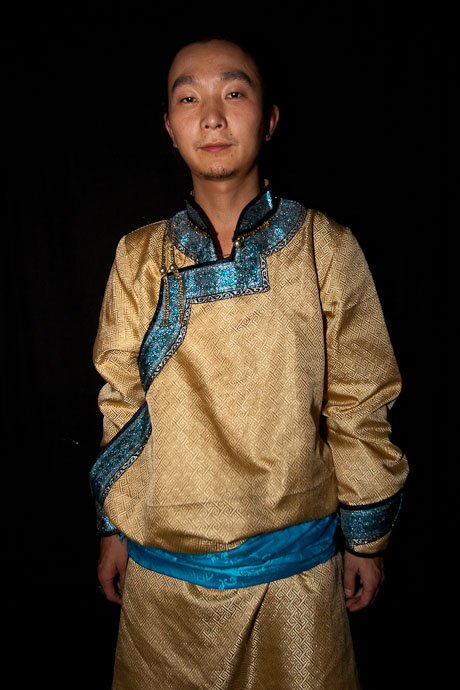
Hanggai released their new album He Who Travels Far to a rowdy crowd at Yugong Yishan last month. The highly anticipated sophomore release for the punk-folk-Mongolian sextet hits high marks once again, much like their first album, Introducing Hanggai, which received extensive praise from Pitchfork. Hanggai’s story is rather incredible. Ilchi, the founder of the band, originally played in early punk groups around Beijing where he moved to at the age of twelve before undergoing a bit of a personal crisis and returned to his Mongolian roots in Inner Mongolia. Inspired by the folk music and vanishing traditional life of his homeland, he learned how to throat sing and play the tobshuur, a two-stringed Mongolian banjo. The songs he subsequently began to write on his own, however, moves far beyond customary Mongolian music by incorporating modal structures and beats that draw strongly from his rock and punk background. The new album thus ranges from traditional, hauntingly beautiful tunes to more bawdy, uplifting drinking songs. Like much of modern China and its ongoing synthesis of different cultures, Hanggai is difficult to peg in a very refreshing way. Their unique sound has also lead to many international tours. They are easily one of the most successful “Chinese” alternative music exports, but still unflaggingly represent a new societal hybrid found in Inner Mongolia that identifies strongly with its traditional past while struggling with and incorporating an onslaught of contemporary Han Chinese lifestyles and Mandarin language dominance.
Dec 8, 2010 | Music
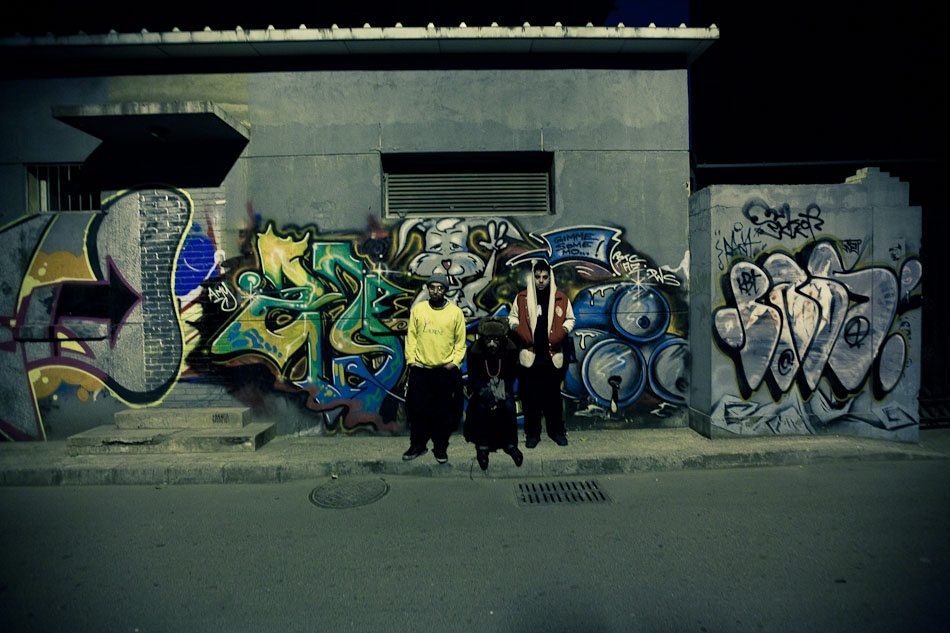
Das Racist blew through Beijing last week, leaving a trail of destruction in their wake. As far as I can tell these crazy boys like to party hard unless the particulate matter in our fine city set them off in a distinctive way. As soon as they landed, Victor and Dap started drinking the local fire water in great quantities and decided to shave off most of their hair. Dap left a rather prominent mustache, but quickly dumped it after being mistaken for Borat, a most notable Kazakh in China. Anyway, I was really excited to see their show, especially after reading the complimentary review in the New Yorker. Unfortunately the sound at Yugong Yishan that evening was not the best and failed to embellish their drunken escapades on stage. Still, the crowd got into the performance, and I enjoyed seeing them romp around, spit rhymes and rock out some drum solos. The real treat came the next day when I joined them in a studio with Jeffrey Kung of The Park and watched them lay down some verse over a track composed by DJ Wordy. It sounded awesome and featured some Tarzan yelps that will most likely make their way onto DJ Wordy’s upcoming CD. When I left Das Racist they were being bundled into black cabs bound for the train station to hop an overnighter to Shanghai. I hope they make it out of Asia alive. The video below features outtakes from their interview on The Park, recording with DJ Wordy and performance at Yugong Yishan.
Nov 30, 2010 | Music, Youth
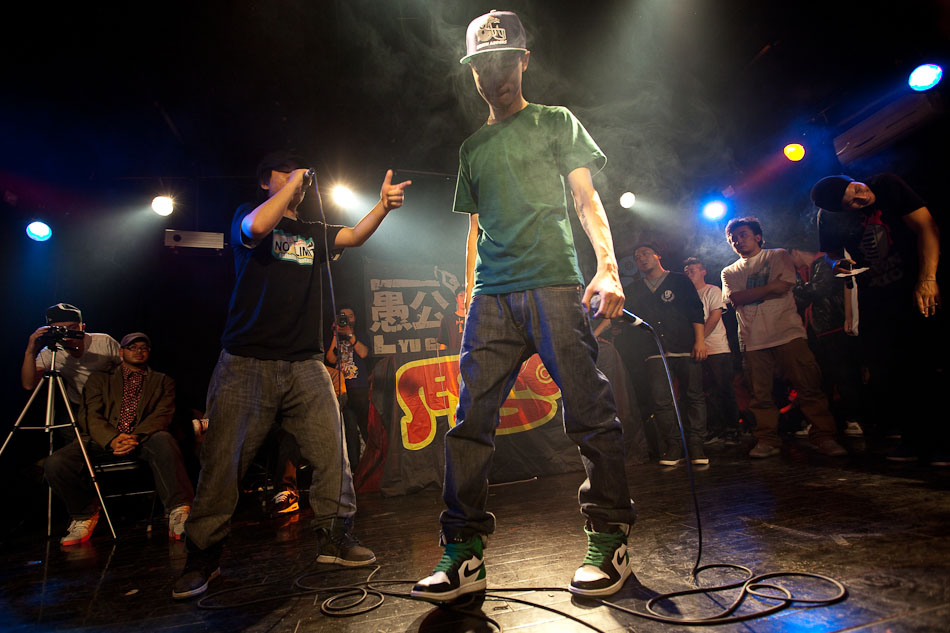
The finals for the China Iron Mic freestyle battle competition took place to a packed house at Yugong Yishan this weekend. Winners of three preliminary rounds in Beijing, Guangzhou and Wuhan faced off with MC Majun/马俊 from Xinjiang who earned his slot in the final four through a knockout tournament earlier in the evening. Iron Mic is the oldest and most recognized freestyle battle competition in the country. Some of the greatest MCs in China have battled on stage seeking its crown including MC Webber who won the first three in a row and now oversees the proceedings. This year the man to beat was the Beijing hometown favorite MC Dawei/大卫. I documented his skills in a previous post covering the Beijing preliminary round. He is only sixteen years old, and his rhyming is precocious to say the least. However, the man of the hour turned out to be MC Majun. In one evening he battled his way through a host of characters from all over China with his machine-gun-like flow to clinch a coveted spot in the semifinals where he tore apart MC JV from Wuhan. Before facing off with MC Dawei in the finals the entire place went crazy, and despite MC Dawei’s home field advantage, MC Majun won the crowd over and had them chanting Xinjiang when he spit his final verse.
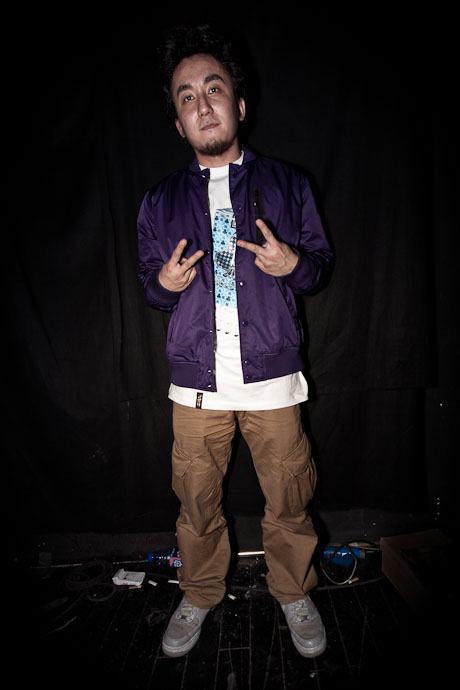
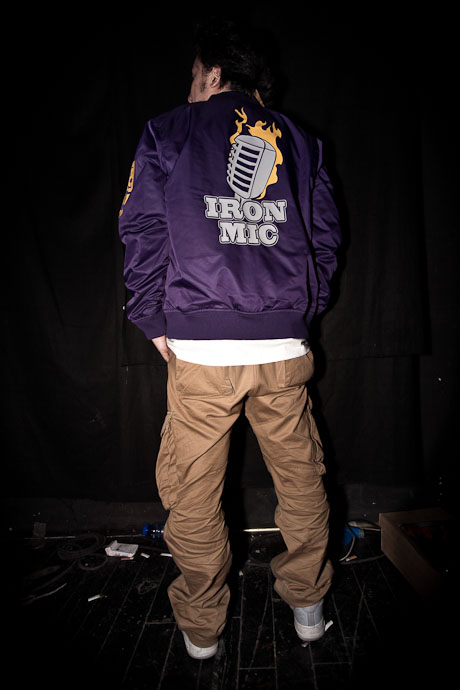
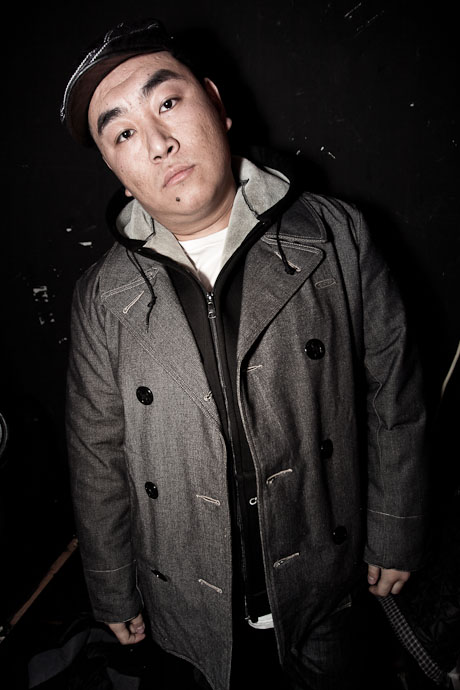
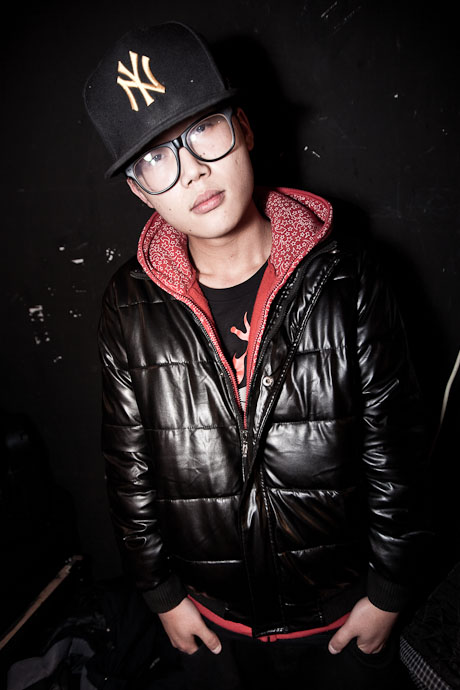
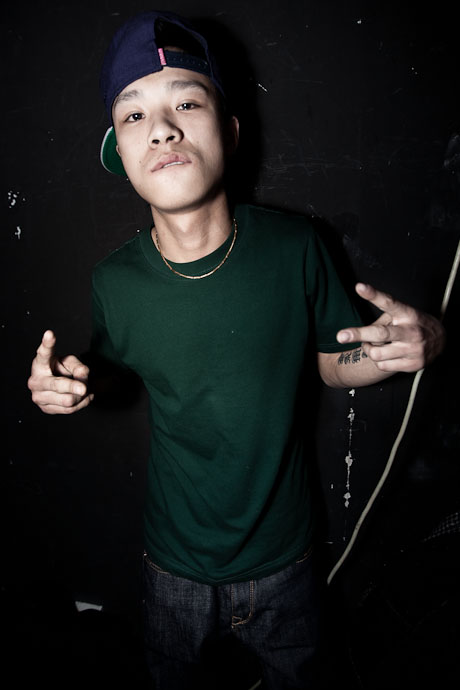
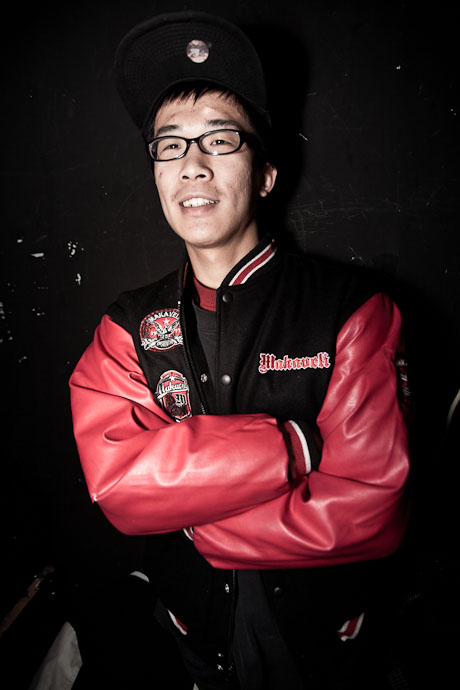
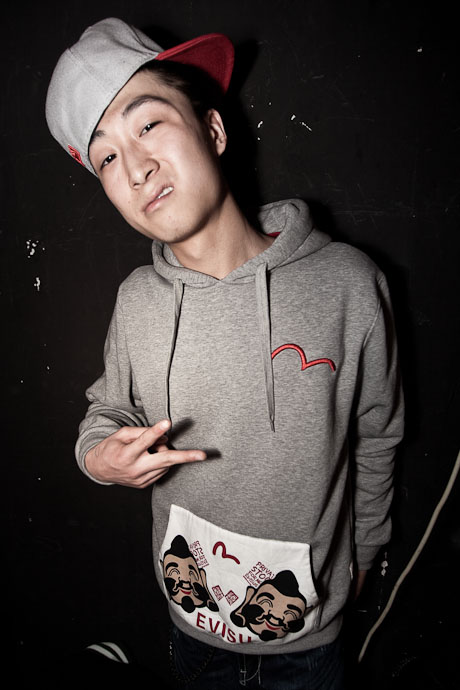
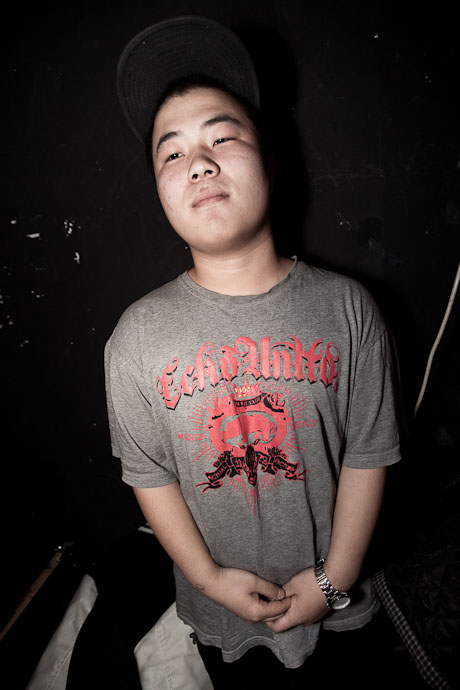
Nov 26, 2010 | Clippings, Music, Youth
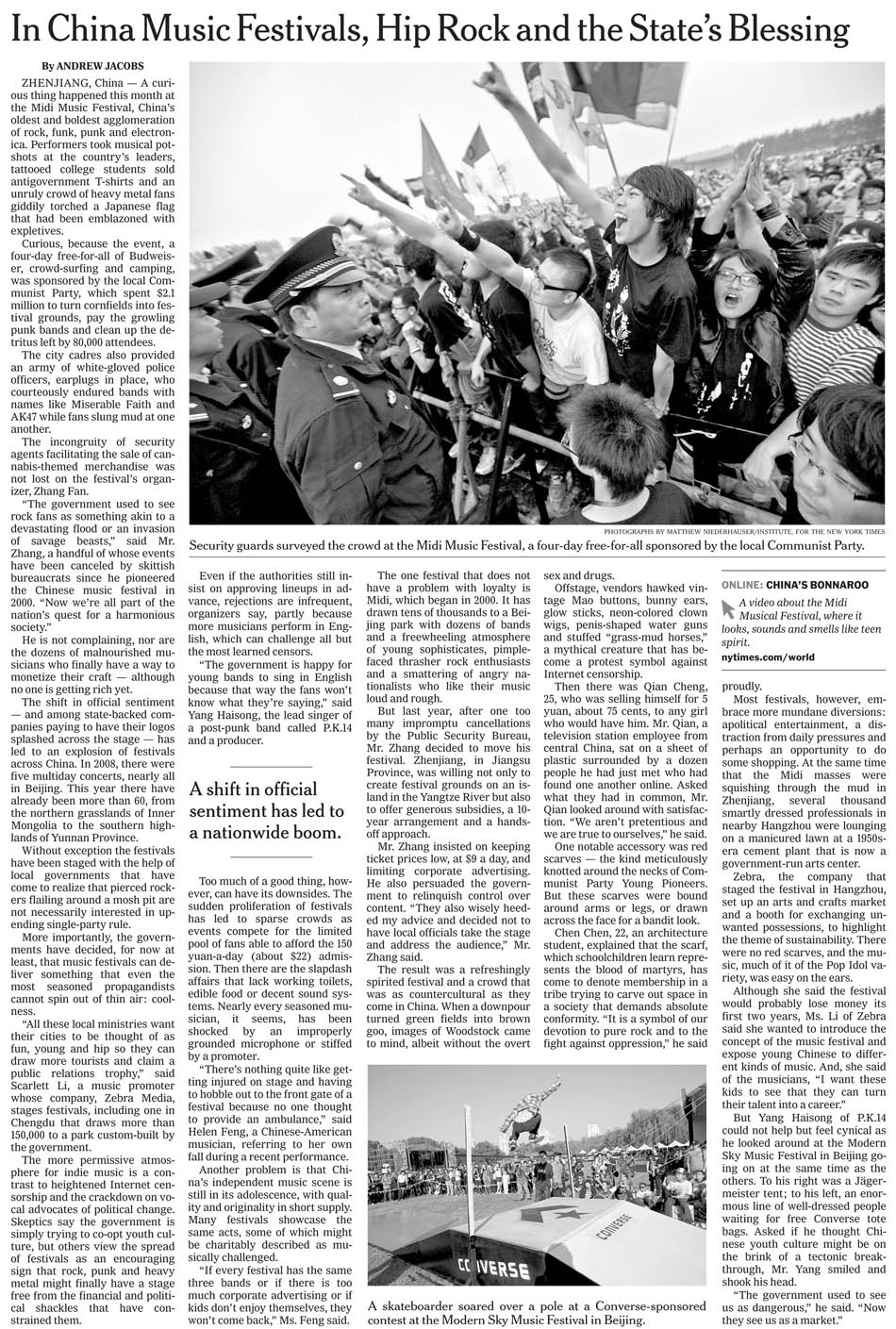
I should have blogged about this last month, but I only just received a PDF of the New York Times print version of my work on the explosion of music festivals across China. Such an article was a long time coming and received the usual criticisms aimed at mainstream media coverage of the alternative music scene in China from industry watchers such as China Music Radar and Beijing Daze. Obviously it was too short to cover all the historical and social nuances bound up with proliferation of music festivals across China. Unfortunately the New York Times rarely publishes extended think pieces that such a subject deserves. I actually read a longer version of Andrew Jacob’s first draft which was much better, but the editors decided to cut it down as they are wont to do in this day and age – apparently they feel readers can’t last more than a thousand words in a row. Still, I was really happy with the article and thought Andrew did a quality job trying to introduce the China music festival scene to the rest of the world with his insightful descriptions and awesome quotes. My favorite came from Zhang Fan of MIDI fame, “The government used to see rock fans as something akin to a devastating flood or an invasion of savage beasts, now we’re all part of the nation’s quest for a harmonious society.” Some of the other issues Andrew addresses such as the paradox of having government-backed festivals filled with subversive bands as well as the rising commercialism of the entire alternative music scene also needed to be laid out. Yang Haisong, of P.K. 14 fame, really nailed it on the head with his closing comment, “The government used to see us as dangerous, now they see us as a market.” I feel an approach employed by the Chinese state where they try to appropriate cultural scenes rather than empower them through censorship is becoming the norm. It is happening in the contemporary art scene in Beijing’s 798 art district and more and more with bands taking on corporate sponsorships and other branding opportunities. When the artists and musicians are making more money, they have less to complain about and more at risk by creating controversial or outspoken material. It is a savvy step forward by the Chinese state and goes hand in hand with their other attempts to spin media rather than quash it. The Beijing Daze post gets into this quite a bit as well. Still, no matter what, I am a huge fan of the spread of music festivals in China. The only thing that is needed right now is quality production and more bands. The same performers can’t keep recycling through the festivals. A large injection of new musical blood is needed. Hopefully there are more diamonds in the rough amongst all the second-tier cities around China who are just opening up their ears to the latest sounds coming out of Beijing, Shanghai, Guangzhou and Wuhan. Otherwise there are still too many reports of badly planned festivals with no toilets and crappy sound systems. Check out these critiques by Helen Feng, Pity the Cool, and Beijing Today. Hopefully we are just experiencing the birthing pains of the China music festival circuit. Also check out this great extended piece on the first musical festival in Nanjing and an extended interview with Scarlett Li, the brains behind the Zebra Festival movement. Unfortunately there is no online slideshow in addition to the video I produced for the New York Times website, so I attached my favorite shots to this post.
